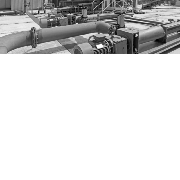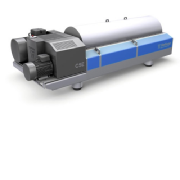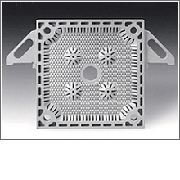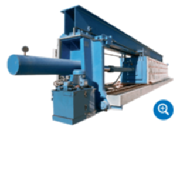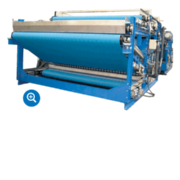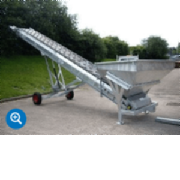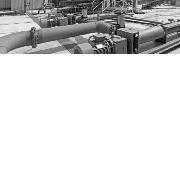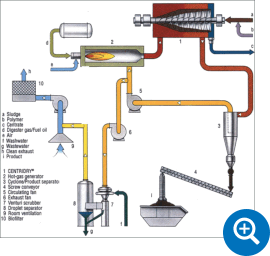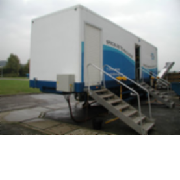How individuals and businesses can tackle the problem of food waste
25 November 2019The topic of food waste is one that is never far from the headlines. Only last month, Environment secretary and former Prime Ministerial candidate Michael Gove described the current situation as a “moral, economic and environmental scandal.” Government research has shown10 million tons of food goes to waste every year. That’s around a third of all the food that is produced or imported into the UK.
A global problem
Those statistics are sobering enough, but the UK is not alone in what Gove described as “extravagance and profligacy.” Globally, $1 trillion worth of food, weighing 1.3 billion tons is wasted each year. There are around a billion people on the planet who are currently hungry, yet just a quarter of the food Europe and the US throws away would be enough to feed them. The global population continues to increase, and by 2050, we will need to increase food production by at least 60 percent. Or, of course, we could stop throwing away all that food.
Where is the waste coming from?
Most people hear the phrase “food waste” and immediately think of supermarkets throwing away countless loaves of bread and joints of meat because they have reached their “best before” date. The following statistics might, therefore, come as something of a surprise. Here’s where those 10 million tons of wasted food come from:
• Manufacturing – 1.8 million tons (18 percent)
• Hospitality / catering 1.0 million (10 percent)
• Retail – 0.3 million tons (three percent)
• Households 6.9 million tons (69 percent)
What is being done?
Even in the world of politics, you will not hear anyone arguing with Michael Gove’s sentiments. However, describing a problem is one thing, taking positive action to solve it is another. The government has announced a range of measures to tackle food waste head on, and Euroby is proud to be involved in these initiatives.
Buying what you need
Looking at those numbers, it is easy to conclude that we are all being far too wasteful and need to change our habits. However, the truth is a little more complex. Retailers also have their part to play in making it easier for us to buy what we need. Morrisons supermarket is looking to meet this challenge with its new We’ll Weigh What You Need service at its fresh food counters, whereby staff will provide the exact quantities of meat, fish or deli products for a customer’s recipe.
Using technology to reduce waste
Innovators and entrepreneurs have quickly realised that any technology that helps reduce food waste will not just be beneficial to our planet – it could also be highly profitable. Tackling waste is therefore one of the top priorities in food tech. Separating different types of waste quickly and efficiently is key here and this is where technology like the Flottweg Z series decanter centrifuge comes into its own. It is used for a variety of food types, including fish meal, grains, vegetable extracts, soy protein and many others.
Other centrifuges such as the Sedicanter and the Tricanter are also finding a growing number of applications in processing food waste, helping to ensure that as many valuable constituents are extracted and reused as possible.


